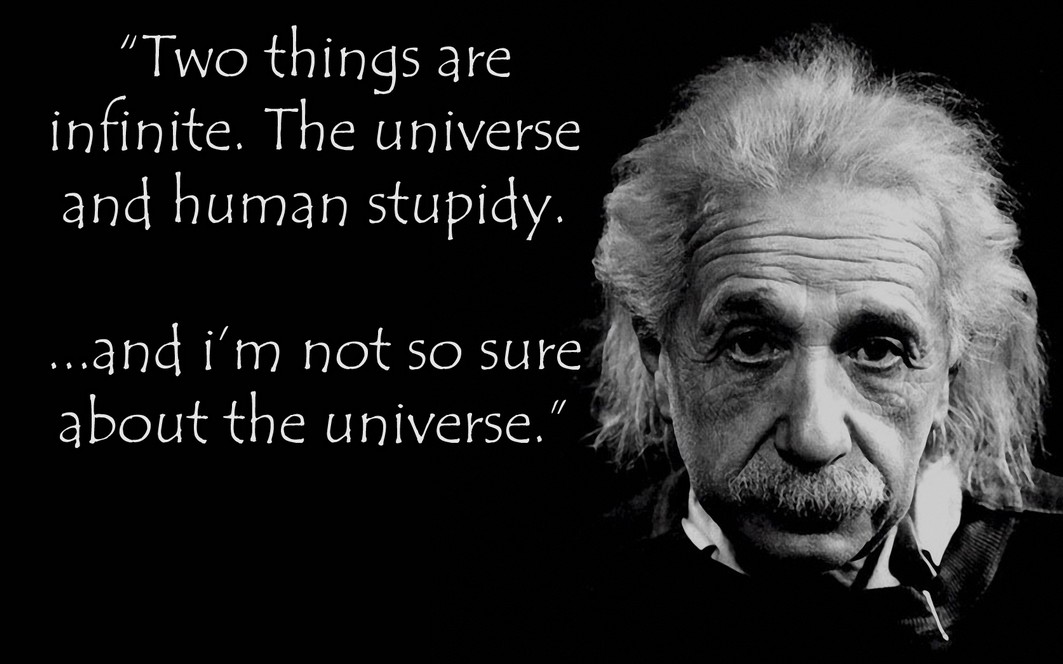The New Stupid Replaces the Old Stupid (Rick Hess) | Larry Cuban on School Reform and Classroom Practice
The New Stupid Replaces the Old Stupid (Rick Hess)
From an interview conducted in 2009 with Rick Hess, then Resident Scholar at The American Enterprise Institute. I have lightly abridged the interview. The original article upon which this interview is based is here.
Q: Rick, you recently published an article in Educational Leadership
arguing that the ways in which we rely on data to drive decisions in
schools has changed over time. Yet, you note that we have unfortunately only
succeeded in moving from the “old stupid” to the “new stupid.” What do you do
you mean by this?
A: A decade ago, it was only too easy to find education leaders who dismissed
student achievement data and systematic research as having only limited utility
when it came to improving schools. Today, we’ve come full circle. You can’t
spend a day at an education gathering without hearing excited claims about
“data-based decision making” and “research-based practice.” Yet these phrases
can too readily serve as convenient buzzwords that obscure more than they
clarify and that stand in for careful thought. There is too often an unfortunate
tendency to simply embrace glib solutions if they’re packaged as “data-driven.”
Today’s enthusiastic embrace of data has waltzed us directly from a petulant
resistance to performance measures to a reflexive reliance on a few simple
metrics–namely, graduation rates, expenditures, and grade three through eight
reading and math scores. The result has been a race from one troubling mindset
to another–from the “old stupid” to the “new stupid.”
Q: Can you give us an example of the “new stupid”?
A: Sure, here’s one. I was giving a presentation to a group of aspiring
superintendents. They were eager to make data-driven decisions and employ
research to serve kids. There wasn’t a shred of the old stupid in sight. I
started to grow concerned, however, when our conversation turned to value-added
assessment and teacher assignments. The group had recently read a research brief
highlighting the effect of teachers on achievement and the inequitable
distribution of teachers within districts. They were fired up and ready to put
this knowledge to use. One declared to me, to widespread agreement, “Day one,
we’re going to start identifying those high value-added teachers and moving them
to the schools that aren’t making AYP.” [AYP is the acronym from No Child Left Behind law (2002-20015); it means “Adequate Yearly Progress” in test scores for different groups of students.]










